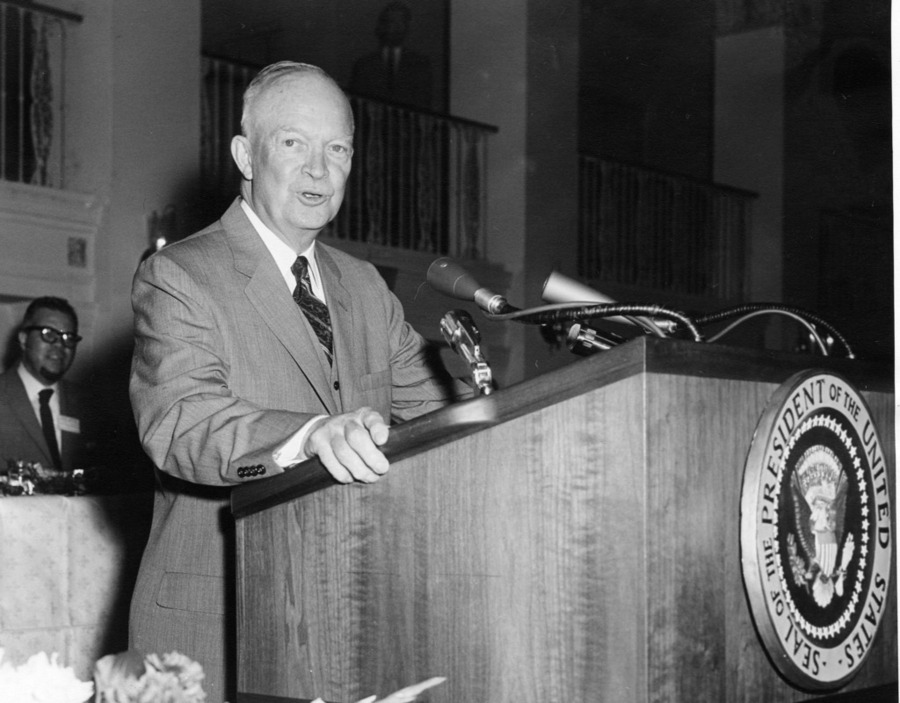British Court Rejects Drone Lawsuit: Will Decision Affect Supreme Court Decision in Kiobel?
On Friday, a British court rejected a closely watched civil suit by the son of man killed in a 2011 drone strike in Pakistan that requests a judicial declaration that British intelligence officials may be liable for assisting acts of murder, war crimes, and crimes against humanity if they share targetting intelligence with the US government. The plaintiff, Noor Khan, who was represented by the British human rights group Reprieve, had also asked the court to direct the British Foreign Secretary to issue a policy “identifying the circumstances in which intelligence may lawfully be passed on if
Published by The Lawfare Institute
in Cooperation With

On Friday, a British court rejected a closely watched civil suit by the son of man killed in a 2011 drone strike in Pakistan that requests a judicial declaration that British intelligence officials may be liable for assisting acts of murder, war crimes, and crimes against humanity if they share targetting intelligence with the US government. The plaintiff, Noor Khan, who was represented by the British human rights group Reprieve, had also asked the court to direct the British Foreign Secretary to issue a policy “identifying the circumstances in which intelligence may lawfully be passed on if it relates to the location of individuals who may be targeted in a drone strike.”
The British judges hearing the case recognized that they were essentially being asked to pass judgment on the legality of the US drone program (and of Obama Administration drone policies), and they declined the invitation to do so. The decision concludes:
“The real aim is to persuade this court to make a public pronouncement designed to condemn the activities of the United States in North Waziristan, as a step in persuading them to halt such activity. [The plaintiff’s counsel] knows he could never obtain permission overtly for such a purpose. His stimulating arguments have been an attempt to shroud that purpose in a more acceptable veil. That he has, in my view, failed, is no reflection on his admirably clear and attractive efforts.”Of note, the court based its judgment in part on the principle in both US and British law that the courts of one country will not pass judgment on the sovereign acts of another, which is known in US law as the Act of State doctrine. Remarkably, the court cites and quotes from the seminal US Act of State case, Underhill v Hernandez, in which the Supreme Court stated in 1897: “Every sovereign state is bound to respect the independence of every other sovereign state, and the courts of one country will not sit in judgment on the acts of the government of another done within its own territory.” The U.S. Supreme Court may take note of the Noor Khan decision as it considers in the Kiobel case whether the Alien Tort Statute applies extraterritorially to allow US courts to determine whether foreign governments have violated the law of nations. For example, would a US court allow a foreign plaintiff to sue a US company that supplied drones to a foreign government that used them inside its own territory or on the territory of another country? As I stated in my supplemental amicus brief in Kiobel, extraterritorial application of the ATS violates the Act of State doctrine in many cases by allowing US courts to judge the actions of foreign governments. It would be an unusual result if the US Supreme Court were to conclude that the ATS applies extraterritorially, within months of a British court, citing the Supreme Court’s own decisions, concluding that it would not sit in judgment of the acts of the US government. Noor Khan has said that he will appeal the British court decision.
John B. Bellinger III is a partner in the international and national security law practices at Arnold & Porter in Washington, DC. He is also Adjunct Senior Fellow in International and National Security Law at the Council on Foreign Relations. He served as The Legal Adviser for the Department of State from 2005–2009, as Senior Associate Counsel to the President and Legal Adviser to the National Security Council at the White House from 2001–2005, and as Counsel for National Security Matters in the Criminal Division of the Department of Justice from 1997–2001.





